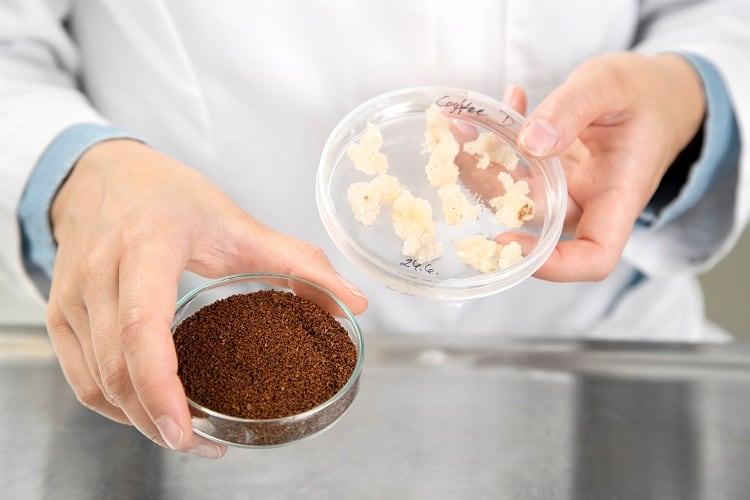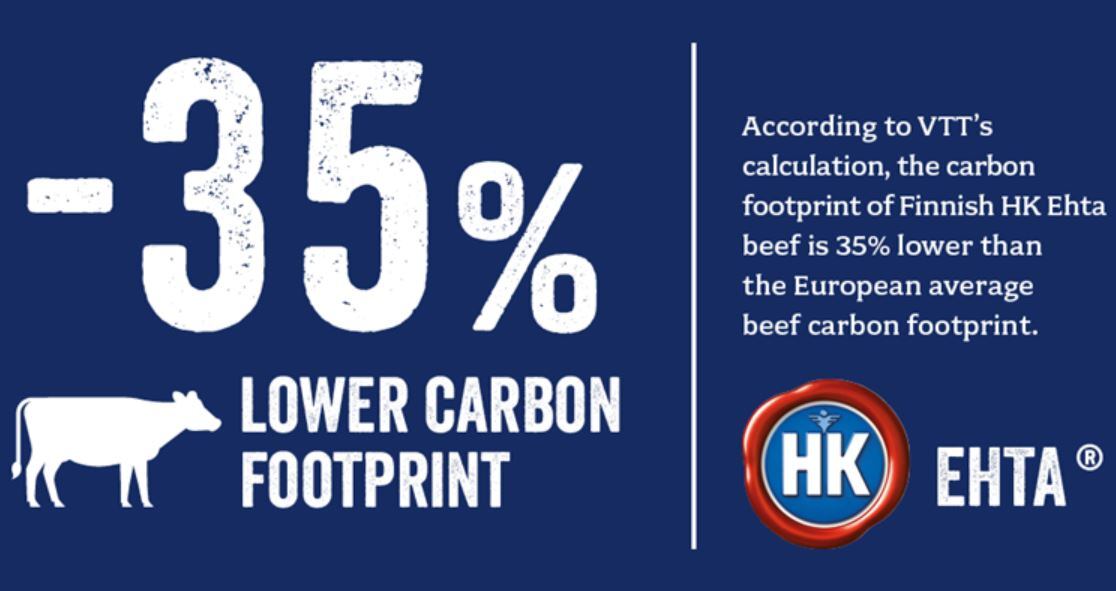Cellular agriculture is commonly associated with the production of meat, dairy, and egg proteins. Now, researchers in Finland are turning their attention to another F&B staple: coffee.
The project responds to increased global demand for coffee beans and sustainability challenges facing the sector.
A ‘pressing need’ for alt coffee
Coffee is the third-most drunk beverage in the world, behind water and tea, and global consumption is on the rise. Yet, production is struggling to keep up, and the International Coffee Organization expects supply will barely meet world demand this year.
This does not bode well for the future of the sector, with the possibility of global demand for coffee tripling by 2050.
At the same time, the sector faces several key sustainability challenges. As farmers increase acreage to meet growing demand, deforestation is a concern. Price swings are placing coffee farmers’ livelihoods at risk, while rising temperatures as a result of climate change are making it more difficult to grow Arabica coffee.
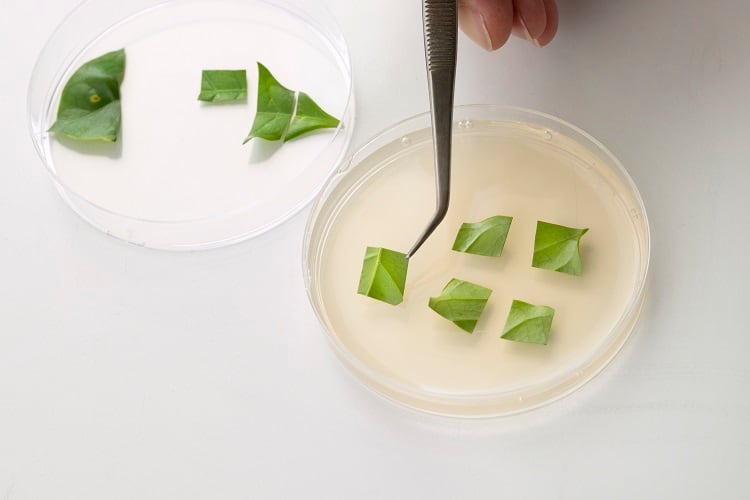
According to the Finnish Technical Research Centre (VTT), there is a ‘pressing need’ for alternative ways of producing coffee. A VTT research team, led by Dr Heiko Rischer, has found a potential solution in cellular agriculture.
How is cell-based coffee made?
Cellular agriculture is perhaps best known for its applications in cell-based meat and seafood. However, it is also leveraged to recreate dairy proteins without the cow, and egg proteins without the hen.
In coffee, the cellular agriculture concept is the same, Dr Rischer explained. “Instead of cultivating animal cells, it is the cultivation of plant cells in this case.”
Once the coffee cell lines are established, they are transferred to bioreactors where they produce biomass. In the same way that growth media is used to feel animal cells in lab-grown meat production, nutrient media is used to grow plant cells cultures.
“However, the nutrient media for plant cell cultures are much less complex than those for animal cells,” Dr Rischer told this publication.
In being less complex, the medium also less expensive. This is an undeniable boon for the future of cell-cultured coffee, as the significant cost of growth media in lab-grown meat is one of the sector’s key hindrances.
“Scaling up is also easier because plant cells grow freely suspending in the medium while animal cells grow attached to surfaces,” the research team leader added.
The undifferentiated coffee cells, or biomass, are then analysed, before being harvested and dried. The dried powder is then roasted and brewed to make filter coffee.
Does it taste and smell like coffee?
The new coffee has been evaluated by VTT’s sensory panel, and initial results look promising.
“In terms of smell and taste, our trained sensory panel and analytical examination found the profile of the brew to bear similarly to ordinary coffee,” Dr Rischer revealed.
“However, coffee making is an art and involves iterative optimisation under the supervision of specialists with dedicated equipment. Our work marks the basis for such work.”
The experience of driving the first cup of VTT’s cell-cultured coffee was ‘exciting’, said the research team leader, who estimates lab-grown coffee production could be ‘ramped up’ for commercial production, with regulatory approval granted, within the next four years.
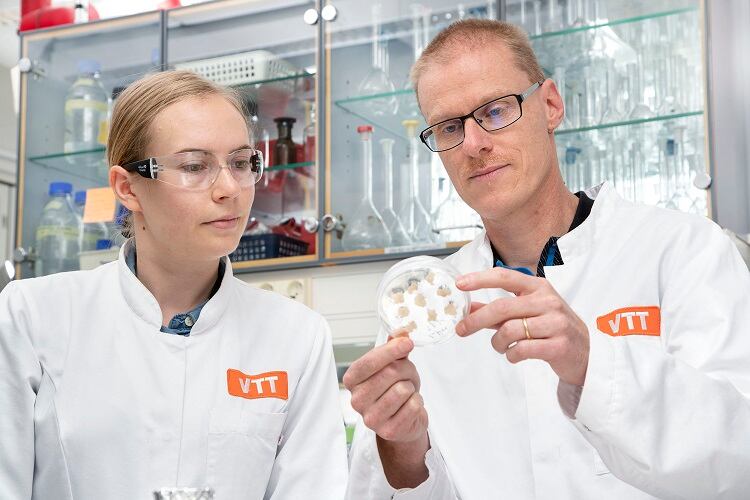
Cell-based coffee is a new food and would require Novel Food approval before being marketed in Europe. It is a similar story in the US, where FDA regulatory approval would need to be sought before commercialisation.
Cell-based coffee potential
The VTT researchers are not the first to believe in the potential of cell-based coffee, the idea having been first published in scientific literature in 1974 (P.M. Townsley). However, they have now proved that lab-grown coffee ‘can be a reality’, according to Dr Rischer.
“Growing plant cells requires specific expertise when it is time to scale and optimise the process. Downstream processing and product formulation together with regulatory approval and market introduction are additional steps on the way to a commercial product,” he added.
Of course, without a competitive price point the approach will not be successful. Future piloting will provide the exact numbers for calculating production costs, we were told, but thanks to the lower cost of media and high scalability potential, Dr Rischer expects the product to be ‘certainly lower’ than for cell-based meat.
“The costs will be significantly affected by economy of scale.”
Concerning appetite for cell-based coffee in Europe, initial non-representative surveys suggest consumers are open to cellular agriculture.
A recent survey in France and Germany, for example, indicated that although awareness around cultured meat was low, 44% of French and 58% of German respondents said they would be willing to try cultured meat. Thirty-seven percent of French consumers and 56% of Germans said they would be willing to buy it themselves.
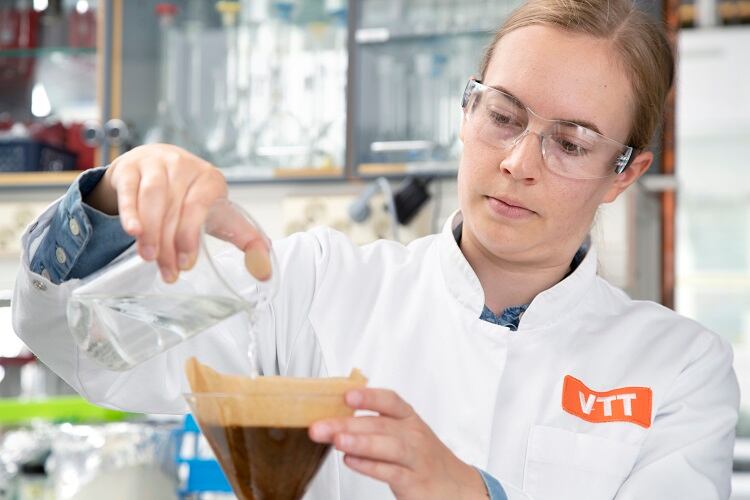
For Dr Rischer, the ‘true impact’ of this scientific work will happen through companies who are willing to re-think food ingredient production and start driving commercial applications.
“Ultimately, all efforts should result in more sustainable and healthy food for the benefit of the consumer and the planet.”
As it stands, just one cellular agricultural food product exists on the market. Late last year, Eat Just received regulatory approval for the commercialisation of its cell-based chicken ingredient in Singapore.
There are several options for commercialisation of a lab-grown coffee product, Dr Rischer continued. “Product development and regulatory approval require significant investment and we want to collaborate with dedicated players from the industry.”


